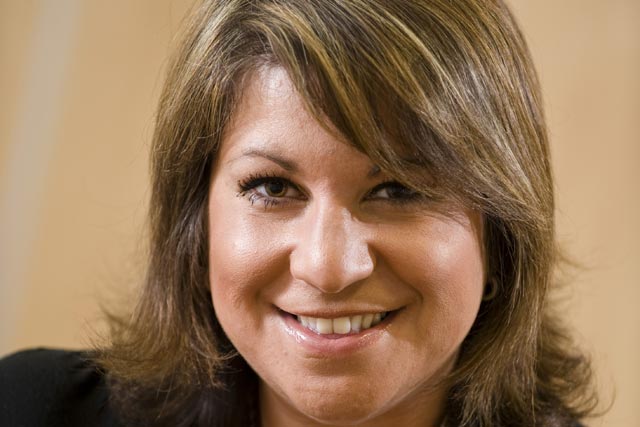Q: In your experience as a client, what are the most common causes of client agency relationship failures?
A lack of trust and the inability to really listen. And that works both ways - there is no blame on the agency here.
Both sides need to work hard to achieve a real partnership; the agency need to bury themselves in the business, really listen to the needs of the client, the consumer, the market and the wider business. And they need to keep listening and asking questions.
Often there is a fear around asking questions based on the need to look clever and that leads to assumptions and wasted time.
As for the client, they need to be more open. There is so much 'cloak and dagger' involved in the way some clients manage their agencies, especially at pitch stage, and it leads to lack of trust from the outset.
Where possible, clients need to let their agencies into the business to really get under the skin of the issues, give them access to frontline teams who are up close and personal with the customer, and help them understand what is keeping them awake at night - issues outside of the particular campaign or brief they are working on?
Q: What's the single thing you would like to change about client agency relationships?
There’s a simple answer to that one: it’s the ‘them and us' mentality that exists.
More collaboration and a deeper level of understanding on both sides would make such a difference. It sounds obvious, doesn’t it?
Here’s an example: I was working with some senior creatives recently who were complaining about the injustice of clients who only give them 15 minutes to present. Simply asking them to consider for a moment why that client might only have 15 minutes would have helped.
Perhaps the client had been asked to go and see their CFO for an impromptu "a**e-kicking" about their overspent budget; or that they have to meet with a union rep who is threatening strike action.
Simply understanding that the client has to deal with issues and pressures like this could make them reframe their sense of injustice and create empathy for the client.
A better understanding of the issues on both sides would make a huge difference in the relationship.
Q: You took part in one of the labs at the IPA’s recent Adaptathon. Why did you get involved?
Because the classic client-agency relationship model is massively out-dated and needs changing.
As a sales and marketing director I have worn both hats of supplier and buyer and I am amazed at the lack of real partnership, understanding and trust that often exists between client and agency.
I have been working with the IPA and the senior management of a number of leading agencies on this very subject - developing a blueprint for how to develop an open and honest relationship from day one.
Q: What did you enjoy most about the day?
I thought Professor Julie Hay's speech was fascinating. I'm an NLP practitioner so I love hearing people's reaction to how impactful an understanding of behaviour can be.
Q: What was the one insight you took away?
That so much can be done to improve agency client relationships and that none of it is rocket science or needs to cost anything.
Improving some of the basics like ensuring a full and detailed immersion; taking time away from the day-to-day to review the overall performance of the relationship (from both sides); and asking regularly for open feedback.
Those are three simple ideas that came out of the sessions that could totally transform the trust and sense of partnership.
Q: What were the key takeaways for attendees?
There are a host of things that we could all do differently to create more collaborative, more effective, and therefore more relationships focused on the creative output.
Ultimately, if the average age of a client-agency relationship is currently just 2.5-3 years (in 1994 it was 7.4) and if every pitch is costing the agency an average of £100k (not to mention what it is costing the client), then this could not only ensure better commercial creativity in the relationship but save everyone huge amounts of time and money!


